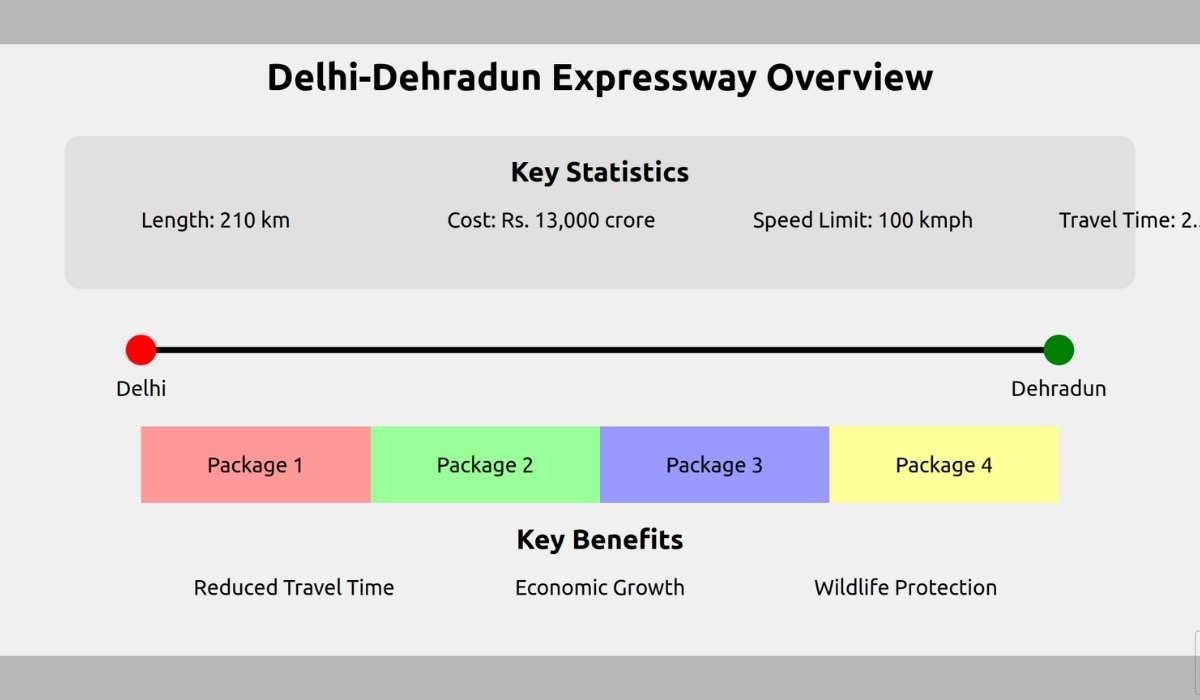Investing in real estate is a dream for many people in India, but the high initial investment often puts it out of reach. However, there is a way to become a real estate investor with limited capital—house flipping.
What is House Flipping?
House flipping is a popular and proven method of investing in real estate. It involves buying a property and selling it within a short period, usually 3 to 6 months. The goal is to buy a ready-to-move-in property at a slightly lower price than the market rate, renovate it to enhance its value, and then sell it at a higher price.
How Does House Flipping Work?
To flip a property, investors purchase a unit that is in decent condition overall but needs some updating. This could include things like an outdated modular kitchen, old woodwork, worn-out flooring, or outdated bathroom fixtures. These properties often don’t appeal to most buyers, who may not have the vision or means to renovate them.
After purchasing the property at a 5-10% discount from the market rate, the investor then renovates it. This could involve updating the flooring, redesigning the bathroom, installing new wardrobes, and putting in a modern modular kitchen. These renovations typically cost the investor 15-20% less than they would an individual, due to the investor’s industry knowledge and connections.
Once the renovations are complete, the property is sold at a higher price, with the investor aiming for a 30-60% annual return on their investment.
Characteristics of the House Flipping Model
In the house flipping model, investors usually prefer old, ready-to-move-in properties. Unlike normal resale deals where the advance payment is only 10%, in this model, the upfront advance payment is higher, around 25-50%. This provides a greater incentive for the seller.
Unlock Your Dream Home Today!
Get personalized real estate insights delivered straight to your inbox.
The payment terms are also longer in this model, around 4-6 months, giving the investor time to renovate and sell the property.
Why Would Sellers Work with Investors?
There are several reasons why sellers might choose to work with investors, even at a lower price:
- They need money quickly, and an investor can provide a higher advance payment.
- The property’s condition may not appeal to most buyers, and renovating it is not feasible for the seller.
- The seller is tired of repeatedly showing the property and negotiating prices.
- The seller is not local (e.g., an NRI) and finds it challenging to deal with multiple brokers and buyers.
Becoming a Successful House Flipper
To become a successful house flipper, there are four key things to focus on:
- Build a reliable team of domain experts, including brokers, interior designers, contractors, chartered accountants, and lawyers. This improves deal quality and increases your investment capacity.
- Identify the right market, preferably a developed location with a majority of old properties.
- Choose the right property that needs renovation but has a decent building and location.
- Focus on high-value properties where both buyers and sellers are likely to be high-profile, busy individuals.
Starting Your House Flipping Business
The easiest way to start a house flipping business is to partner with 3-4 friends who are equally passionate about real estate. Begin by targeting properties in your own building and surrounding ones. This gives you a good idea of property prices, paperwork, and renovation needs.
To expand your inventory, approach friends in other buildings about potential deals. Always sign an MOU with the seller clearly stating the advance payment, payment terms, and your right to sell the property to any buyer. Be transparent with buyers about your role as an investor.
While some argue that house flipping unnecessarily increases property prices, the truth is that this model exists and is thriving in the market. Many sellers are willing to work with investors, and buyers often prefer move-in-ready, renovated properties.
In conclusion, house flipping is a smart way for aspiring real estate investors to enter the market with limited capital. By understanding the market, building a strong team, and following the right strategies, you too can become a successful house flipper and earn attractive returns on your investment.
House flipping is a real estate investment strategy that involves buying a property, renovating it, and selling it within a short period, typically 3 to 6 months, at a higher price.
Investors purchase a property that is in decent condition but needs updating, renovate it, and then sell it at a higher price, aiming for a 30-60% annual return on their investment.
Investors usually prefer old, ready-to-move-in properties that can be bought at a discount and require renovations to enhance their value.
Sellers may choose to work with investors for quick cash, property condition issues, fatigue from negotiations, or challenges in managing sales from a distance.
In house flipping, investors make a higher upfront advance payment (25-50%), and the payment terms are longer (4-6 months) to allow for renovations and sales.
To succeed in house flipping, focus on building a reliable team, identifying the right market, choosing the right properties, and targeting high-value real estate.
Start by partnering with friends, targeting properties in your neighborhood, and signing MOUs with sellers to clarify terms and your rights as an investor.
Yes, house flipping is a viable investment strategy in India, allowing aspiring investors to enter the market with limited capital and achieve attractive returns.
Consider updating flooring, redesigning bathrooms, installing new wardrobes, and putting in a modern modular kitchen to enhance the property's value.
Start by exploring properties in your own building and surrounding areas, then expand your search by networking with friends and leveraging local real estate markets.
DISCLAIMER
The information provided on this website is for general informational purposes only. While we strive to keep the content up-to-date and accurate, we make no representations or warranties of any kind, express or implied, about the completeness, accuracy, reliability, suitability, or availability of the information, products, services, or related graphics contained on this website.
In no event will we be liable for any loss or damage including without limitation, indirect or consequential loss or damage, or any loss or damage whatsoever arising from loss of data or profits arising out of, or in connection with, the use of this website.
Real Estate Investment Risks
Real estate investments involve significant risks and market volatility. Property values, rental rates, and market conditions can fluctuate. Past performance is not indicative of future results.
Before Making Real Estate Decisions
Before making any real estate decision, we strongly advise you to:
- Conduct thorough due diligence
- Consult with qualified legal, financial, and real estate professionals
- Carefully review all relevant documents and contracts
- Consider your personal financial situation and investment goals
This website does not provide legal, financial, or investment advice. All content is for informational purposes only and should not be construed as professional advice or recommendations.
By using this website, you acknowledge and agree to these terms. We reserve the right to modify this disclaimer at any time without notice.







